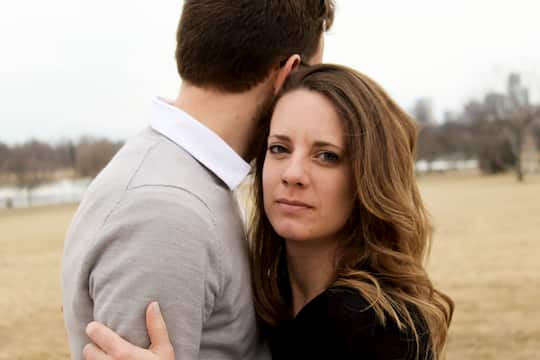These regular events help couples decide whether to get married.
Rituals help couples decide whether or not to get married, new research finds.
While engaged in rituals — often during holidays or other celebrations — people learn more about each other.
Each learns how the other interacts with their family, how much they are aware of the relationship and how they deal with conflict.
Rituals might include Friday movie night, birthdays or rituals the couples create themselves.
Mr Chris Maniotes, the study’s first author, said:
“Rituals have the power to bond individuals and give us a preview into family life and couple life.
We found they help magnify normative relationship experiences.”
The study included 24 heterosexual couples whose commitment to marriage was tracked over nine months.
The researchers found that commitment to wed changed markedly in response to rituals, depending on how they went.
Rituals sometimes reinforced bonds between couples and highlighted problems at other times.
Mr Maniotes said:
“Rituals provide a unique time to review one’s partner and relationship; you get to see a host of behaviors and interactions that might normally be obscured.
Some of the ways rituals affected commitment to wed with these couples was by altering their view of their partner, giving them a new perspective.”
Holiday celebrations, for example, often provide a key insight into how a person deals with conflict.
Mr Maniotes said:
“Rituals seem to really play a role in pausing and slowing down individuals, helping them take a better look at their relationship.
They help them see, ‘this is who we are as a couple; this is who we are as a family.'”
Although rituals are just part of the answer, they still play an important role in deciding whether or not to wed, said Mr Maniotes:
“Just recognizing the importance of rituals in our lives, and the magnitude of the role they play, can help us integrate them in an intentional way.”
The study was published in the Journal of Social and Personal Relationships (Maniotes et al., 2020).

